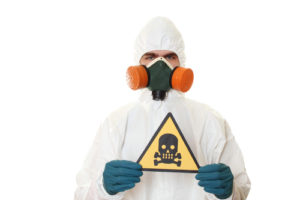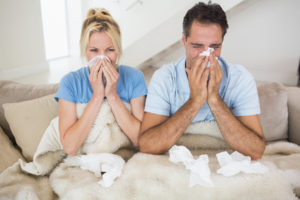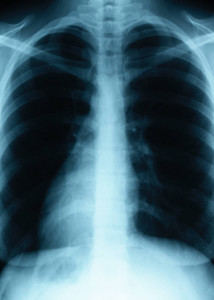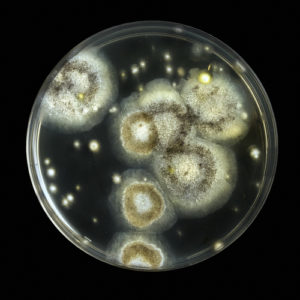Mold and Depression – There May be a Link

Mold and Depression
Sometimes symptoms of depression can surface and they seem to coincide with various life events. Perhaps you move into a new home, begin a new job, or spend a great deal of time in a different area during the day. Then suddenly you start to feel pretty down. It turns out that there may also be a link between mold and depression.
Understanding Sick Building Syndrome
Sick building syndrome is a term that refers to what happens when you breathe in mold spores in poorly ventilated areas. Architecture has come a long way in recent years, but the most up-to-date designs of today are careful to seal off any cracks or holes that could allow pests and allergens to enter the buildings. This is true both for homes and for commercial buildings. The problem is that nothing can get out either, which leads to conditions favorable to the growth of mold and bacteria.
Have You Been Exposed to Mold?
If you think you’ve been exposed to mold, there’s no need to worry. Even though there’s a strong link between mold and depression, you can do a lot to combat it. You can:
• Get a NYC mold inspection done to determine whether or not you have a mold problem.
• Purchase a high quality air purifier to filter the air in your home or office.
• Take anti-fungal supplements to help combat allergy symptoms.
• Start taking a high quality probiotic to help your body build good bacteria and kill off the bad bacteria.
• Consider talking with your doctor about medication to help with depression symptoms.
If you think you’ve been exposed to mold, we can help! Contact us!




